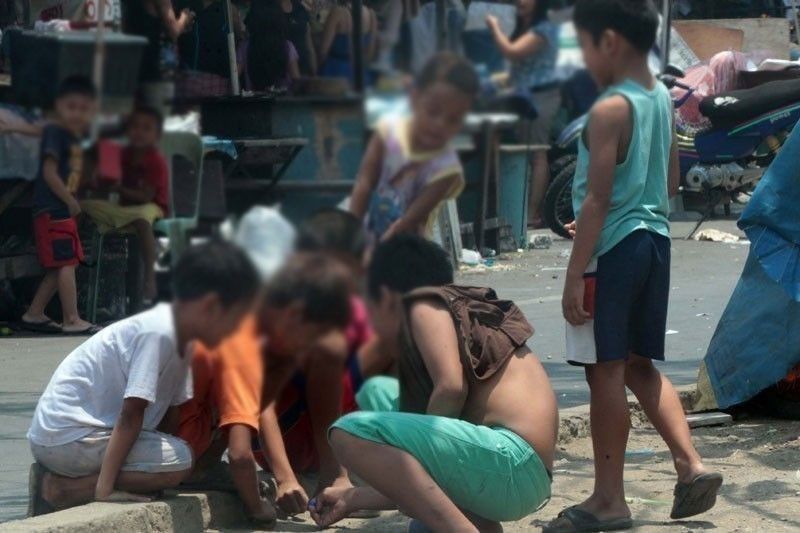Make 2021 safer, healthier for children – UNICEF

MANILA, Philippines — With an estimated 140 million babies who will be born this year globally, the head of the United Nations Children’s Fund (UNICEF) urged governments, the private sector and other stakeholders to work together to make the world healthier and safer for children.
“The children born today enter a world far different than even a year ago, and a New Year brings a new opportunity to reimagine it,” said UNICEF executive director Henrietta Fore.
“Children born today will inherit the world we begin to build for them today. Let us make 2021 the year we start to build a fairer, safer, healthier world for children,” she added.
In the Philippines, the Commission on Population said the country’s population is expected to increase from 109.4 million to 110.8 million this year.
The University of the Philippines Population Institute also projected another 250,000 “lockdown babies” to be born due to the community quarantines imposed because of the pandemic.
With the world facing a global health crisis, economic slowdown, rising poverty and deepening inequality, Fore said the work of UNICEF – which is marking its 75th anniversary this year – is as great as ever.
“For the last 75 years, throughout conflicts, displacements, natural disasters and crises, UNICEF has been there for the world’s children,” she said. “As a new year dawns, we renew our commitment to protect children, to speak up for their rights and to make sure their voices are heard, no matter where they live.”
UNICEF recently launched the Reimagine campaign to prevent the COVID-19 pandemic from becoming a lasting crisis for children.
In a report released during World Children’s Day last Nov. 20, the agency warned against the growing consequences of the pandemic on children, citing its long-term impact on the education, nutrition and well-being of an entire generation of children and young people.
“Throughout the COVID-19 pandemic there has been a persistent myth that children are barely affected by the disease. Nothing could be further from the truth,” Fore said at the time.
“While children can get sick and can spread the disease, this is just the tip of the pandemic iceberg. Disruptions to key services and soaring poverty rates pose the biggest threat to children. The longer the crisis persists, the deeper its impact on children’s education, health, nutrition and well-being. The future of an entire generation is at risk,” she added.
The report, titled “Averting a Lost COVID Generation,” noted that children and adolescents under 20 years old accounted for one in nine COVID infections in 87 countries.
UNICEF also noted that disruptions to critical health and social services pose the most serious threat to children, citing a drop in coverage for health services such as routine vaccinations, outpatient care and maternal health services in one-third of countries that were analyzed.
There is a 40 percent decline in the coverage of nutrition services for women and children, with the report noting that 265 million children are still missing out on school meals, it added.
According to the UNICEF report, 572 million students were affected by countrywide school closures, while an estimate of two million child deaths and 200,000 additional stillbirths could occur in a 12-month period.
It also estimated that an additional six to seven million children under the age of five will suffer from wasting or acute malnutrition this year, a 14 percent rise that could translate to more than 10,000 additional deaths per month.
Globally, UNICEF said the number of children living in multidimensional poverty or those without access to education, health, housing, nutrition, sanitation or water is estimated to have increased by 15 percent or 150 million by mid-2020.
UNICEF urged governments to address these issues by ensuring that all children learn by closing the digital divide; guaranteeing access to nutrition and health services; and supporting and protecting the mental health of children and young people.
It also called for an end to abuse, gender-based violence and neglect in childhood; increase in access to safe drinking water, sanitation and hygiene services; address environmental degradation and climate change; and reverse the rise in child poverty and ensure an inclusive recovery for all.
“We must listen to children and young people now, working with them to secure a better future,” said UNICEF Philippines representative Oyunsaikhan Dendevnorov.
“In the years to come, children and young people will be living with the impact of this pandemic and with the consequence of how we choose to respond. They must have a say in the decisions that will affect their future,” she added.
- Latest
- Trending
































